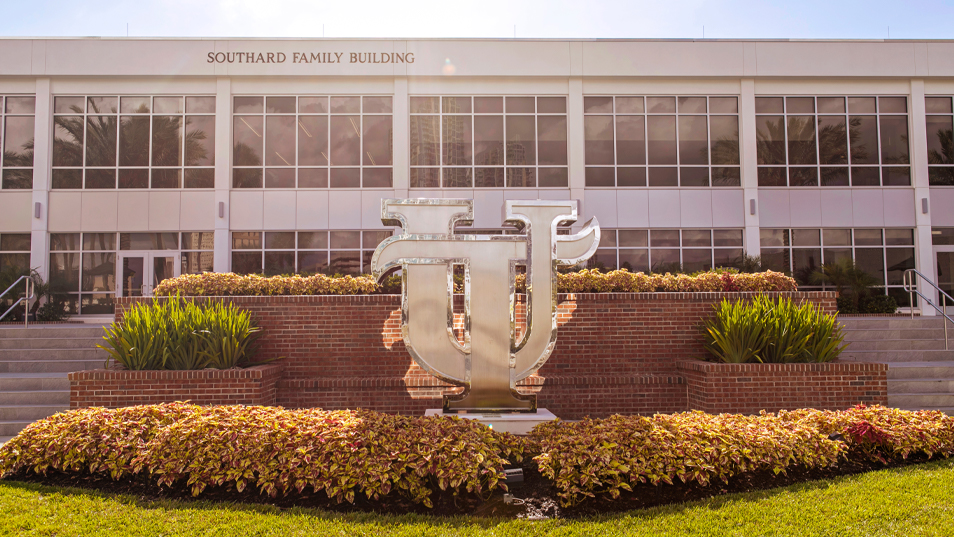Contact us
401 W. Kennedy Blvd.
Tampa, FL 33606-13490
(813) 253-3333
Faculty members within the Department of Chemistry, Biochemistry and Physics at The University of Tampa have received two major grants from the National Science Foundation (NSF).

Approximately 27% of the total federal budget for basic research conducted at U.S. colleges and universities is funded by the National Science Foundation.
Faculty members within the Department of Chemistry, Biochemistry and Physics at The University of Tampa have received two major grants from the National Science Foundation (NSF).
One grant, which is $360,000, will fund the project “Acquisition of a High-Resolution Mass Spectrometer for Education and Research” led by Kenyon Evans-Nguyen, professor of chemistry and director of UT’s forensic science program, along with Christine Theodore, assistant professor of chemistry, Kelly Deister, assistant professor of chemistry, and Michele Crosby, assistant professor of chemistry.
Another grant will provide a total of $388,704 for the project “Development of Tripodal Ligands for Next-Generation Rare Earth Element Separations” led by Eric Werner, professor of chemistry, and his collaborator, Shannon Biros of Grand Valley State University. Werner aims to develop improved methods for extracting rare earth elements, most notably lanthanide metals from aqueous solution mixtures. With funding from this grant, which includes $177,980 of direct support of research activities at UT, Werner and his students will explore new extractant molecules and extraction protocol parameters to identify optimal conditions for selective recovery of these critical materials.
More UT News